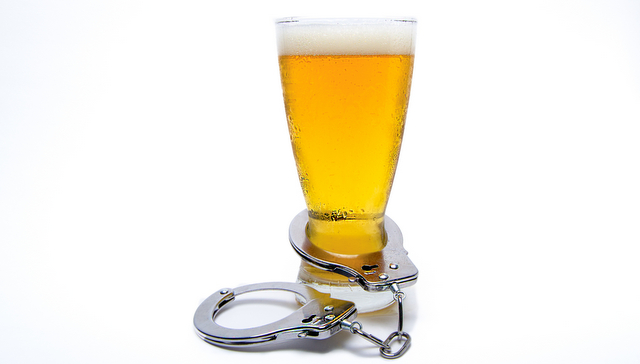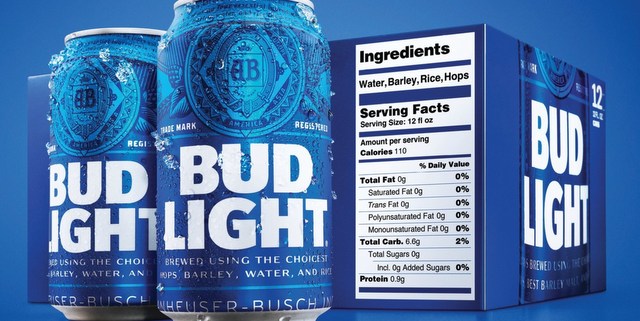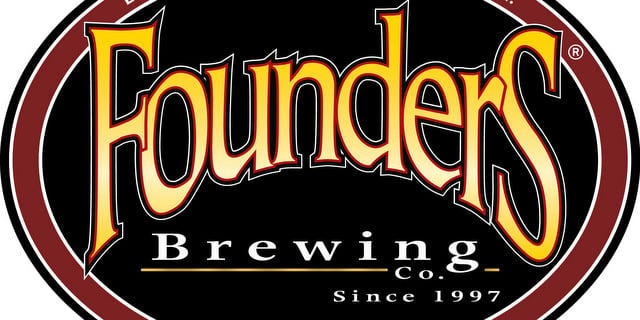
The big buzz last week was the news that Decorah, Iowa-based Toppling Goliath Brewing Co. had filed a lawsuit against a former brewer who it said had broken a non-compete agreement. The prevailing thought across the internet was that this was yet another example of craft beer’s indie spirit slowly dying. Smart beer scribe Jeff Alworth wrote a serious piece called “How to Screw Your Brewer,” which called non-competes bad business and, even worse, bad PR. This certainly hasn’t been great marketing for Toppling Goliath, but let’s all assume that stricter business minds will be emerging in the variety of 6,600-plus active breweries now operating in America.
“In a lot of areas that center around legal risk management — non-competes and cease and desists with trademarks — breweries are struggling with the tension of trying to remain collaborative while at the same time protecting their enterprise value,” explained Matthew McLaughlin, alcohol regulatory attorney, executive director of the Mississippi Brewers Guild and 2017 winner of the FX Matt Defense of the Industry Award by the Brewers Association. “Regardless of a brewery’s philosophy on non-compete agreements specifically, it is incumbent upon the brewery to take some affirmative measures to protect its confidential and proprietary information because there is real financial value at risk by neglecting to do so.”
The industry’s evolving. It’s an ultra-competitive market out there. Also active last week: The Brewers Association (BA) released its mid-year report and estimated that on top of the 6,600-plus breweries already in operation, 2,500 to 3,000 breweries are still currently in planning, based on active Alcohol and Tobacco Tax and Trade Bureau licenses. The BA also noted that 2018 is on pace to have the highest number of brewery openings and closings to date. Owners read those types of headlines, and they start to consider more tools to protect their businesses.
“When dealing with restrictive employment covenants, most people get hung up on the non-compete, but there are a handful of other restrictive covenants that may be more impactful from the brewery perspective — namely non-use of information, non-solicitation of customers like distributors and retailers and non-solicitation of employees,” said McLaughlin.
The Toppling Goliath lawsuit specifically hopes to stop former head brewer Chris Flenker from working at Thew Brewing Co., based in Cedar Rapids, which just opened this year. According to reports, the non-compete says Flenker agreed not to work for a rival business within 150 miles and for two years. A hearing is set for August 31.
“If a brewery has taken outside investment money or plans to take outside investment money, sophisticated investors are going to require the brewery to have these types of restrictive covenants in place because these types of restrictive covenants mitigate the risk of employee disputes and litigation — two things investors typically do not want to finance,” explained Matthew McLaughlin, alcohol regulatory attorney and executive director of the Mississippi Brewers Guild. “Of the cuff, I think five years, regardless of jurisdiction, is probably unreasonably long,” said McLaughlin, when asked what is too long for a non-compete. “One hundred or even 150 miles, on the other hand, may not be. I have brewery clients that generally limit the duration of time to two to three years and take a few different approaches to geography. Define it based on region, define based on where manufacturing and/or distribution is currently in place or some sort of combination of the two.”
Of course, the salary of a craft brewer ranges widely depending on experience, education and skill. The size, location and owners of the brewery are also big factors. Typical salaries can range from $20,000 $30,000 to $60,000 or from $15 to $30 an hour. That’s not huge money for the physical demands, often odd hours and safety challenges that come with being a brewer. It’s easy to see why people jump from job to job, and with 6,500 plus breweries to choose from, moving has become easier.
Because of that, non-compete agreements are starting to become a part of the business culture. This Good Beer Hunting article by Bryan Roth does a nice job of listing breweries from Summit Brewing to Boston Beer that have used and filed motions for breaking non-competes. This November 2017 Reddit write-up from a supposed employee of Boston Beer maybe outlines the company’s serious non-compete clause. How that non-compete is enforced will have a lot to do with your state laws.

“Generally non-compete agreements are governed by state law, and these laws take very different forms,” said McLaughlin. “In some circumstances and with respect to some industries, there are statutes that prohibit non-compete agreements. In other situations, the permissibility of non-compete agreements is a creature of case law. I’d say, generally, non-competes are disfavored but will be enforced as long as they are reasonable with respect to duration of time and geography. Again, what constitutes a reasonable limitation with respect to time and geography is largely dependent on state law.”
Even in this super collaborative marketplace, most breweries do not want their recipes, techniques or other proprietary ideas shared with the competition. For those looking to move, it’s best to shy away from the niches that your previous brewery embraced. So, if you’re leaving a barrel-aged, sour-focused brewhouse to work for a competitive barrel-aged, sour-focused brewhouse, that will certainly raise more eyebrows. But brewing is a trade, and like most trades, brewing is based on the apprenticeship experience. The stereotype of the culture is to one day own your own brewery, so who you start working for is often not who you end up working for.
“From the brewery’s perspective, I believe best practices warrant restrictive covenants in employee handbooks and employment agreements for key personnel,” suggested McLaughlin. “These types of provisions are critically important to protect everything a brewery has created and augment the overall enterprise value of the organization. If a brewery has taken outside investment money or plans to take outside investment money, sophisticated investors are going to require the brewery to have these types of restrictive covenants in place because these types of restrictive covenants mitigate the risk of employee disputes and litigation — two things investors typically do not want to finance.
“And while it is also best practice to uniformly apply all employment policies and procedures, including restrictive covenants, over each employee, in some circumstances a brewery needs to be prepared to negotiate these terms with potential key personnel. Extremely experienced brewery personnel may be unwilling to agree to restrictive covenants in an employment agreement and in these circumstances the brewery must balance the benefit of the potential hire against not having certain restrictive covenants that apply to such an employee.”





Leave a Reply
You must be logged in to post a comment.